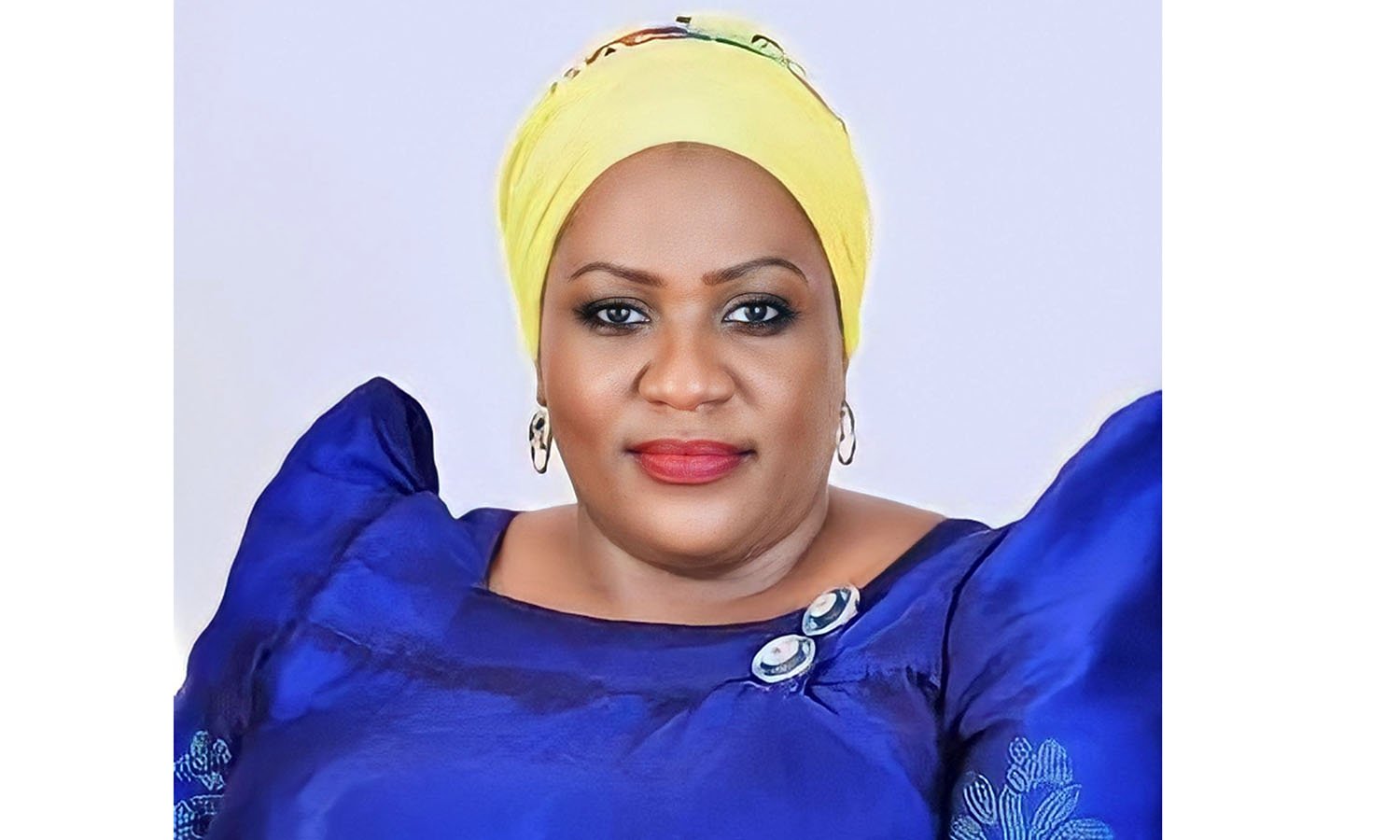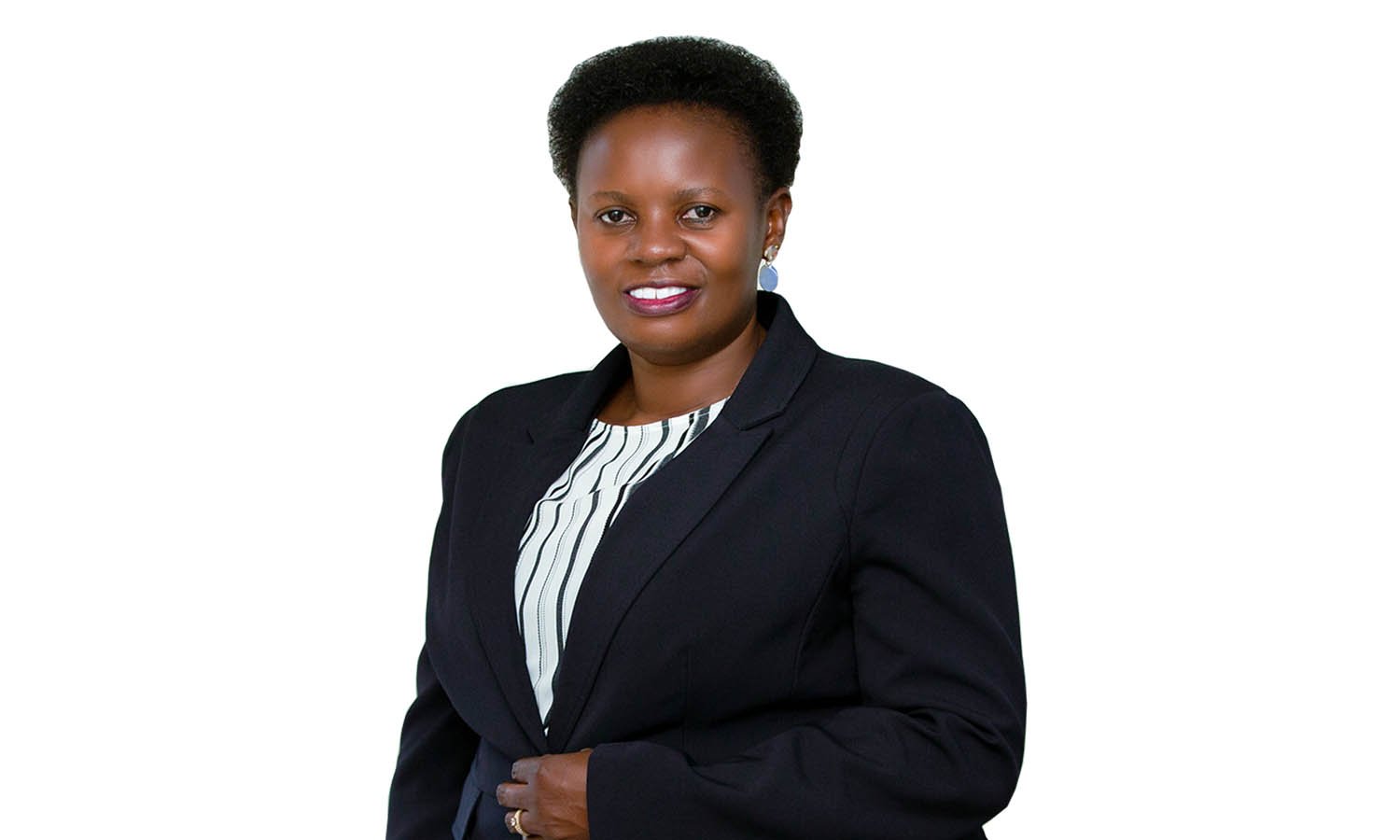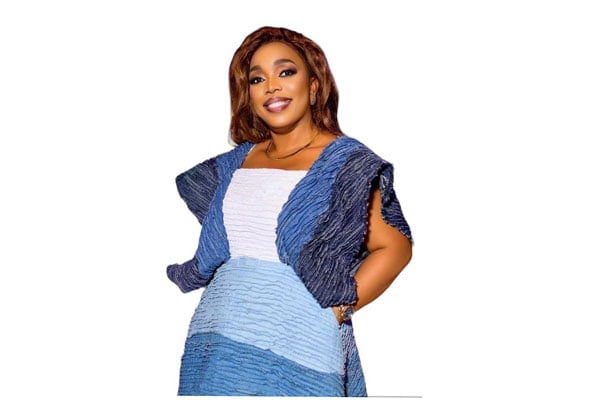Prime
Empower her: Kibowa roots for women in decision-making rooms

The chairperson of the National Women Council (NWC), Ms Faridah Kibowa. Photo/Courtesy
What you need to know:
- Ms Faridah Kibowa also emphasises the importance of raising awareness among women to encourage their participation in available leadership roles. Shabibah Nakirigya brings you her story.
Born in Kayunga District, Ms Faridah Kibowa is the last born of 14 children.
Now the chairperson of the National Women Council (NWC), Ms Kibowa believes in having more women in decision-making positions and has been advocating for this for a long time.
Ms Kibowa’s journey in leadership started during the 2011 General Election campaigns. She was interested in contesting as a Member of Parliament for Kayunga District.
“I had to inform my husband first about my move and he was positive. Much as he wanted me to contest in his home district Lwengo, I insisted on doing so in my home district Kayunga,” she says.
When she went back to Kayunga the support was overwhelming. People had interest in her because she was a young women contesting on a direct seat, on the National Resistance Movement ticket, she says.
Ms Kibowa believes she won the elections during the primaries, however, she was declared her as number three and the incumbent retained the party flag. She was very disappointed.
“I was traumatised and my husband drove me back to Kampala saying that we were not supposed to take part in that game,” she recalls.
She adds that after the elections the NRM Vice president Hajj Moses Kigongo went to Kayunga for reconciliation, and it is then that the registrars confessed that they were tasked to announce the incumbent under the directive of the then resident district commissioner.
“It was challenging but after a short period of time Haji Kigongo called the head of the National Task Force by then Ms Janat Mukwaya, asking her to deploy me somewhere. I was deployed in Mbale as a campaign agent and overall supervisor for the 2011 elections for President Museveni,” she says.
After the 2011 elections, President Museveni invited leaders from Kayunga in Rwakitura for a meeting, where he asked for her professional documents. Luckily for her, she had travelled with her academic papers.
“After a week, I was appointed as Resident City Commissioner (RCC) Kampala-in-charge of Nakawa Division in 2012. I could not believe because it was shocking news. I thought that those in such positions should be soldiers,” she says.
Nevertheless, she quickly adapted, chairing security meetings, albeit with a sense of surprise at her newfound responsibility. She credits the District Security Officer for providing essential training during this period.
“I was shocked because I did not know that I was the head of the security in my division. But the District Security Officer was very good and kept on training me,” she adds.
Two years later, she was deployed at the NRM Secretariat as head of the women’s desk and towards 2016 election, she worked with the party’s Electoral Commission.
Taking lead at the National Women’s Council
Ms Kibowa says in 2018, the Women’s Council was put in place and she decided to contest again in the women structures, however, she had to start at the village level and rise to the national level.
“To be the head of the NWC, you have to start from the village level and the moment you fail at any stage you cannot contest at the national level,” she states.
She had to go back to her village and explain to the voters the opportunity and what it means to be the head of the women council. She says she was blessed because people were supportive from village to district level.
At the district level, the competition was very tight as she was contesting with all the women from the 13 sub-counties of Kayunga.
“To become a member of the Executive of the NWC at national level you must be a district chairperson and I made it from all the 146 districts of the country. After primaries we were taken to the Electoral Commission for nomination and the elections were held in Kibuli. We were unopposed because we did not have competitors and that how I became the chair of the NWC with my executive. My deputy is Linda Auma from Lira District,” she says.
Achievements and challenges
Ms Kibowa believes the council has achieved some milestones, including being in place for 31 years.
“We have achieved a lot by having more women taking up big positions and we are still advocating for more. We have women in key decision-making positions and also affirmative action was well received and all the government projects have prioritised women,” she says.
Ms Kibowa also highlights the challenges posed by cultural and religious norms, which often restrict women from certain activities. Recalling her own experience when running for MP, she remembers facing resistance from individuals who believed that women shouldn’t speak before men.
“But when I got my bag and started giving them money they were not telling me that women are not supposed to give men money. And it is still going on and some people are believing it,” she says.
Ms. Kibowa observes that certain women resist monitoring, resulting in missed opportunities for empowerment through involvement in government projects. Despite some women occupying top positions at lower levels, their representation remains sparse.
She emphasizes the importance of raising awareness among women to encourage their participation in available leadership roles. Additionally, she underscores the significance of determination and focus, essential elements for achieving one’s goals.
“When I joined politics my family was very worried because we are into business. Everyone was asking if I can speak and convince people,” she says. However she has been able to overcome the various challenges. She adds that one should be God-fearing because nothing can be achieved without God
Pending issues
Ms Kibowa has not reached out to grassroots women as she had planned. “When I came to office, I developed a good training manual for women leaders, to start empowering them with information but I have not yet got the time to reach the women and sensitise them on what is in it,” she says.
“This manual had training modules from different categories which women need to know. Women should understand what the manual contains for the benefit of empowering them,” she says.
About NWC
The Council was established by an Act of Parliament to make sure that women of Uganda are brought together for development purposes irrespective of their political parties, religion and tribe.
The council is under the Ministry of Gender, Labour and Social Development
The council has the responsibility to look out for women and what the government is planning for them.
Education
Ms Faridah Kibowa had her education in Nazigo Primary School in Kayunga and later Kazo Mixed School. At secondary level she studied at St Kalemba Nazigo, Yale High School and then Kinaawa High School. Despite having the interest in joining Islamic University in Uganda (IUIU), Ms Kibowa went to Nkumba University on sponsorship and pursued a bachelor’s degree in Public Administration.
While at university in 2002, Ms Kibowa got married but continued with her studies. She graduated one week after giving birth to their second child. She enrolled at the Law Development Centre where she obtained a certificate and diploma in administrative law. Furthermore, she pursued a Master’s degree in Public Administration at IUIU.
Fun facts
How have you managed to deal with stress?
I pray so much to God to guide me and I enjoy music with my people much as I am Hajat.
What is the hardest thing you have done in your position?
Working without money has been a big challenge, when you have a full council and you do not have funds to support your team.
What is your biggest fear?
People have failed to use the stability in the country and I fear a situation where we can be without peace. As a mother when you think about insecurity issues, you start thinking about your children.
What has made you happy recently?
Recently one of my colleagues was awarded a doctorate from Makerere University. I was invited as the guest of honour and we had a boat cruise.




